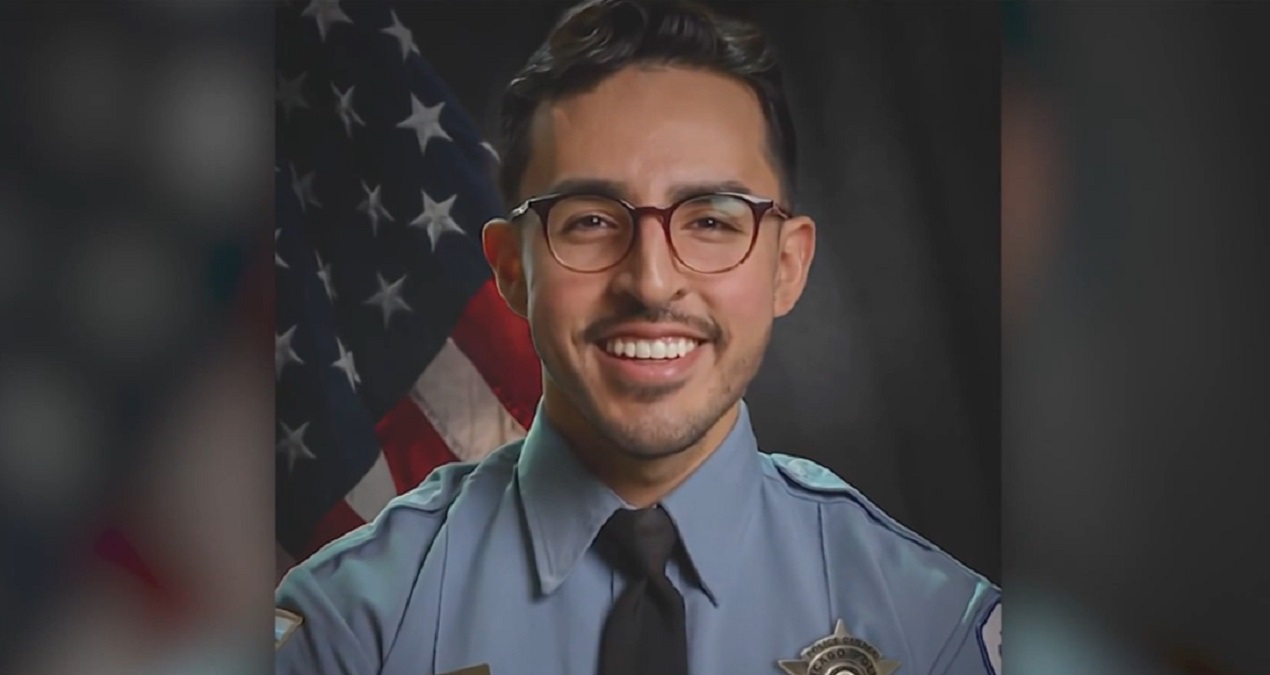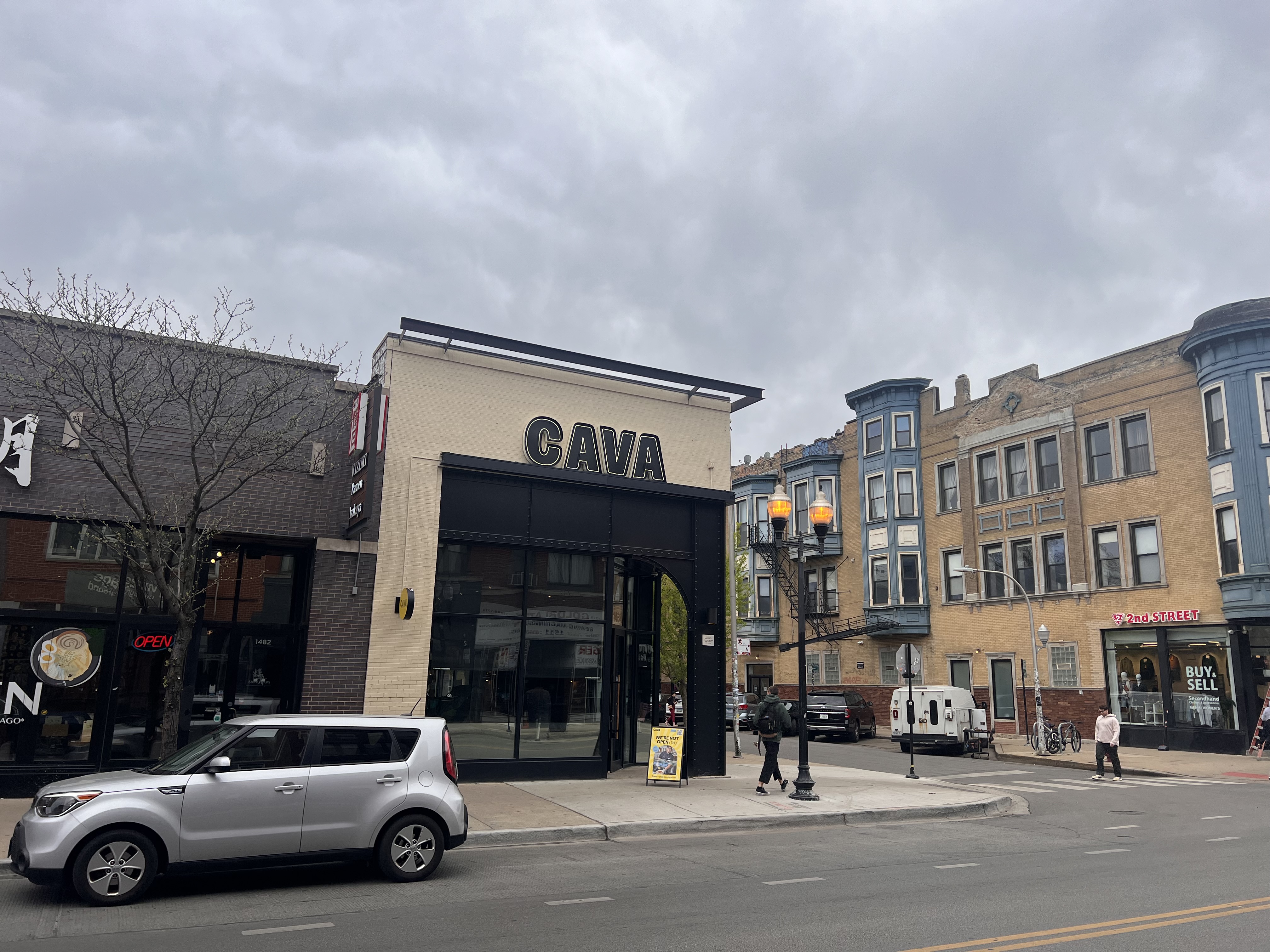Yes you can still get coronavirus even after you're fully vaccinated, but according to Chicago's top doctor, "it's rare."
Chicago Department of Public Health Commissioner Dr. Allison Arwady said the city has seen fewer than 100 "breakthrough" cases, which are confirmed coronavirus cases in fully vaccinated residents. By comparison, state data shows 396,022 residents have been fully vaccinated.
"We have had cases here in Chicago of people who have been fully vaccinated," Arwady said during a Facebook Live Tuesday, noting that it's a "small number."
"I don't want to give the impression this is a common thing," Arwady added. "You know 100 cases out of the hundreds of thousands here in Chicago is not a lot."
Feeling out of the loop? We'll catch you up on the Chicago news you need to know. Sign up for the weekly Chicago Catch-Up newsletter here.
While the vaccine itself cannot give you the virus, it is also not 100% effective at preventing the virus entirely, though those who receive the vaccine are far less likely to be hospitalized or die from it, data shows.
In clinical trials, Moderna's vaccine reported 94.1% effectiveness at preventing COVID-19 in people who received both doses. The Pfizer-BioNTech vaccine was said to be 95% effective.
The FDA said Johnson and Johnson’s single-shot vaccine was 85% protective against the most severe COVID-19 illness, according to a study that spanned three continents. It also showed protection against COVID-19 related hospitalization and death, beginning 28 days after vaccination.
Local
For a complete breakdown of the three vaccines, click here.
Of the cases reported in Chicago so far, Arwady said many have been asymptomatic.
"The good news - couple of things on this one - is most of those people are asymptomatic, and they get picked up because we continue to do a lot of routine testing in high-risk settings, in long-term care facilities, in hospital settings, etc." she said. "And nobody's needed to be hospitalized, nobody's died. But even a fantastic vaccine like this one - you know, 95% effective... is not 100% protective and so that's where, you know some of the guidance around if you are out in public, you know, to continue to wear the mask really comes through. So the good news is, in the long-term care facilities, for example, we've not had a single hospitalization or a single death."
Arwady said last week that the risk of contracting COVID after vaccination will decrease as more people get vaccinated, however.
"As our case numbers go down, as we really sort of get past COVID, the chance that you will be exposed to COVID will be even lower and this won't be as much of a concern, but we call it a breakthrough case when we have examples of people who are fully vaccinated," she said.
The Illinois Department of Public Health told NBC 5 in March that it is also tracking cases of individuals who have been vaccinated and test positive for COVID-19. According to IDPH data from early March, of the more than 1.6 million people who are fully vaccinated, 217 reported a positive test more than two weeks after their last vaccine dose.
Ariel Silver of Northbrook, a sales manager for a medical device company, said she received her second dose of the Pfizer vaccine in mid-January and tested positive for COVID-19 in early March.
“Having been fully vaccinated for six weeks and then to get a positive COVID test, I was shocked,” Silver said.
Silver said her two young daughters tested positive in late February, and soon after she started feeling sick.
“It hit me hard," she said. "I’ve read that if someone vaccinated gets COVID, it’s usual very mild symptoms. But for two days my symptoms were not mild at all. I was in bed, very ill."
According to the Centers for Disease Control, the vaccine will help keep people from getting seriously ill, but those who are fully vaccinated should still take proper health precautions, particularly in public places, as "we’re still learning how vaccines will affect the spread of COVID-19."
“We shouldn’t be surprised about some people still getting infected, especially if they have high risk exposures, like a household exposure, but what we shouldn’t expect are severe infections because we know the vaccines were highly protective against from any hospitalizations,” said Dr. Jonathan Pinsky, a medical director and infectious disease control and prevention specialist at Edward Hospital.
Health experts have also expressed concern about new and emerging variants of the virus. Though studies have shown the current vaccines provide protection against known variants so far, they may not be as effective against the new strains.
The variant from South Africa, for example, reduced Pfizer-BioNTech's antibody protection by two-thirds, according to a February study. Moderna's neutralizing antibodies dropped six-fold with the South Africa variant, CNBC reported.
But boosters and new versions of vaccines that target the variants are already being explored.
Pfizer-BioNTech is testing a third booster shot of its vaccine on fully vaccinated people.
"The flexibility of our proprietary mRNA vaccine platform allows us to technically develop booster vaccines within weeks, if needed," Ugur Sahin, CEO and co-founder of BioNTech, said in a release.
Moderna is also testing a potential third dose of its current vaccine, and a possible booster shot specifically targeting the South Africa variant.
Meanwhile, Johnson & Johnson CEO Alex Gorsky said during an interview with CNBC's "Squawk Box" earlier this month that the company is well-positioned to adapt its vaccine for variants, and is working on developing software that will "help address some of these new and emerging variants."
Still, Arwady has stressed the importance of getting the vaccine.
"Nobody [who is vaccinated] has been hospitalized or died or gotten seriously ill, but it is a small piece of this and I don't want people to freak out about this," she said. "The vaccine continues to work just as it has looked and is expected to work. And again if everybody's vaccinated, not a big concern."



